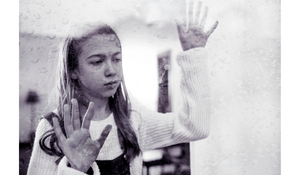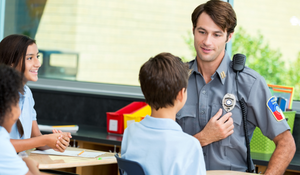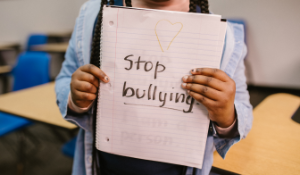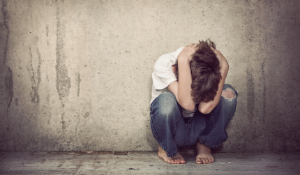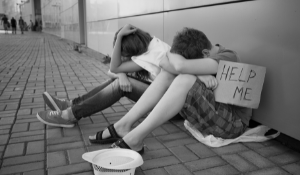According to estimates, one in every six American women has been a victim of sexual violence at least once in their life. Another report suggests that there are over 27 million victims of human trafficking across the world. These victims of various crimes have had their lives turned upside down due as a result to a single event.
However, with the assistance of social service agencies that provide victims with legal, psychological, or financial assistance, these victims of crime have a chance at life. Because of the persistent efforts of victim service organizations that assist law enforcement, perpetrators of these heinous crimes are captured, and their victims are able to reintegrate into society after a traumatic experience.
To know more about the importance of victim services and their crucial role in all communities across the globe, here’s a blog.




